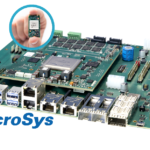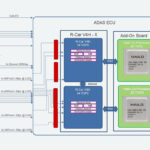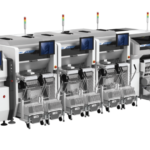ASIA ELECTRONICS INDUSTRYYOUR WINDOW TO SMART MANUFACTURING
Hailo’s Powerful AI Chip Paves Road for Full Car Autonomy
It takes enormous effort to ensure autonomous vehicles are safe and functional. This incumbent era of self-driving vehicles requires, among other things, a suite of highly complex and sensitive sensor systems, advanced microcontrollers to process ample data in real-time, and high-frequency communication infrastructure for ultra-fast data transfer speeds with low latency.
Hailo’s AI processor has the capacity to efficiently process the many deep learning workloads required in advanced driver assistance systems (ADAS). For instance, it can simultaneously process multiple video streams at high-performance speeds with minimal power consumption. It can also be designed to work in tandem with other critical in-vehicle systems, thus optimizing performance and power consumption even further.
In this interview with AEI, Yaniv Sulkes, Vice President of Automotive at Hailo, explains the trends in automotive electronics as the industry progresses toward full autonomy. He discusses the various factors manufacturers must address to fully enable autonomous mobility and how Hailo is meeting its incredibly intricate technology requirements.

AEI: What application trends in automotive now dominate electronics development?
Sulkes: C.A.S.E or Connectivity, ADAS/Autonomous, Sharing/Subscription, and Electrification has become a popular acronym in the automotive industry and is increasingly being seen as the guiding principle for the sector at large. When looking at these four domains, the ones which have become dominant in everyday use for drivers globally are connectivity and ADAS/autonomous driving.
ADAS functions that keep drivers safe and comfortable will continue to shift gears in the near future. As traffic issues become more challenging and complex, our cars must get smarter about how they “understand” the world around us. Processing visual data for insights accurately and efficiently, such as identifying pedestrians, vehicles, and road conditions, is a must for new vehicles. Today’s drivers have come to expect that their cars come equipped with the latest in assistance technology – whether they are safety features such as collision avoidance, hazard detection, rear-collision warning, lane-change assist, etc., or comfort features like parking assist, adaptive cruise control, and more. OEMs and tier-1 automotive companies are all competing to meet these growing demands.
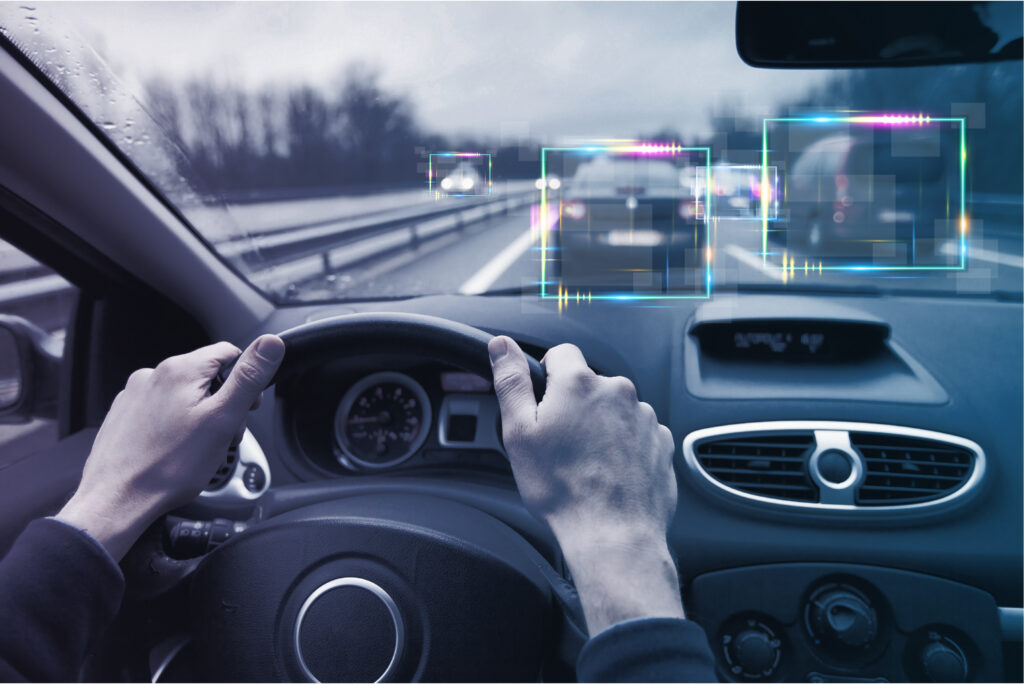
AEI: What major challenges do IC manufacturers like Hailo face in achieving a fully autonomous vehicle?
Sulkes: One major pain point, particularly in the automotive industry, is computing power limitations. To achieve full autonomy, our vehicles must harness 360-degree perception- such perception requires the use of multiple cameras, radars, and LiDARs, which must provide accurate insights in real time. For any of this to be possible, automotive manufacturers need more AI TOPS in the car itself.
Another challenge is that higher performance and more features necessitate greater power consumption, along with more heat generation. This heat must be dissipated, which is often difficult to achieve; otherwise, it will cause damage to the car.
AEI: What factors make Hailo-8 stand out among its competitors in pursuit of autonomous vehicles?
Sulkes: The Hailo-8 edge AI chip was specifically designed to accelerate AI on the edge as a co-processor, enabling high-performance AI processing for both ADAS perception and Automated Driving (AD), empowering traditional automotive SoCs. With its innovative architecture based on neural networks and very low power consumption, the Hailo-8 enables vehicles to run state-of-the-art deep-learning applications that were not previously possible in the power framework of traditional automotive ECUs.
Hailo’s chip vastly improves the capabilities of perception-related sensors for vehicles. A single Hailo-8 processor, featuring up to 26 tera operations per second (TOPS), has a power efficiency superior to other leading solutions by a considerable order of magnitude – all with a small size, including required memory. By utilizing Hailo’s processor, vehicles on the road to full autonomy can harness the power of a “data center on wheels” via a chip the size of a penny.
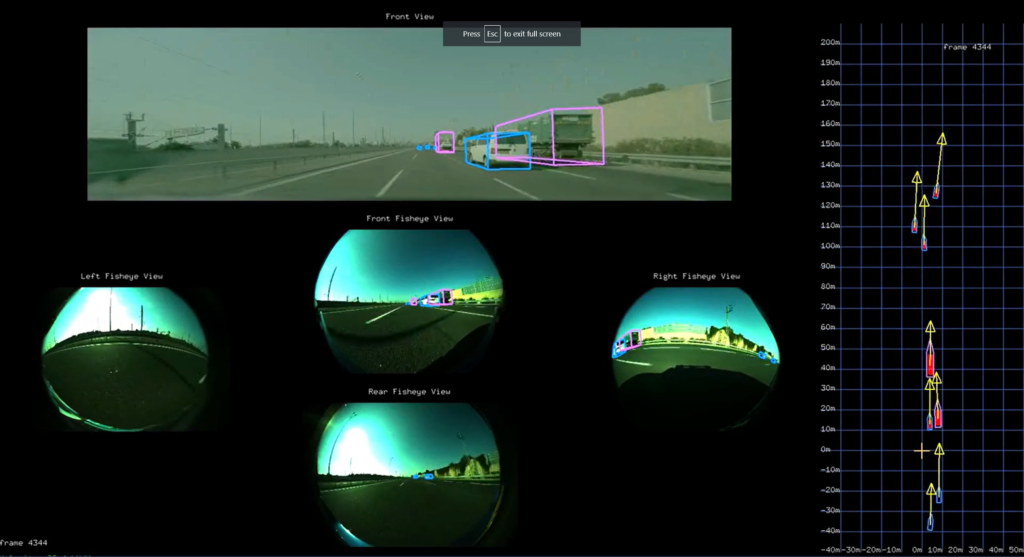
AEI: What major trends are you seeing in the Chinese market? How is Hailo going to leverage these trends?
Sulkes: Asian consumers are ready for autonomous vehicles. Recent surveys suggest, in fact, that Chinese consumers are more likely than those in the West to embrace autonomous driving, as well as pay a higher price tag for those autonomous functions. We see a growing demand for automated driving applications in the Asian market at large; the Hailo-8 meets those demands, enabling specific applications including automated parking, as well as an advanced highway and traffic jam pilot (for self-cruise control on the highway and in traffic jams). These two applications are currently being worked on by key automotive customers of ours, with the goal of them being included in future vehicles.
Additionally, Hailo continues to work to empower edge devices in collaboration with a wide array of companies across Asia. For example, Hailo has partnered with Renesas, a premier supplier of advanced semiconductor solutions, to deliver a power-efficient processing solution enabling ADAS functions and AD systems in motor vehicles. The joint Hailo-Renesas solution will make sophisticated ADAS technology more accessible in cars of all types.
Hailo also recently collaborated with MooVita, a high-tech company designing and deploying roadworthy autonomous driving solutions. Their MooBox system includes state-of-the-art ADAS capabilities for enhancing road safety by monitoring and analyzing driver behavior in public transportation. MooBox’s ADAS capabilities are powered by the Hailo-8.
AEI: What is the future development direction of Hailo’s AI processors for the automotive industry?
Sulkes: As more and more advances are made in the automotive industry with higher levels of autonomy and increased vehicular responsibility for driving, more sensors with greater sophistication will be required. For ADAS to progress towards full autonomy, high-resolution sensory data will need to be processed in real-time. Hailo is providing the AI processors that enable this new era of mobility. Hailo will continue empowering new capabilities not only in the automotive sector but in industries across the board, in order to make the world a safer place.

